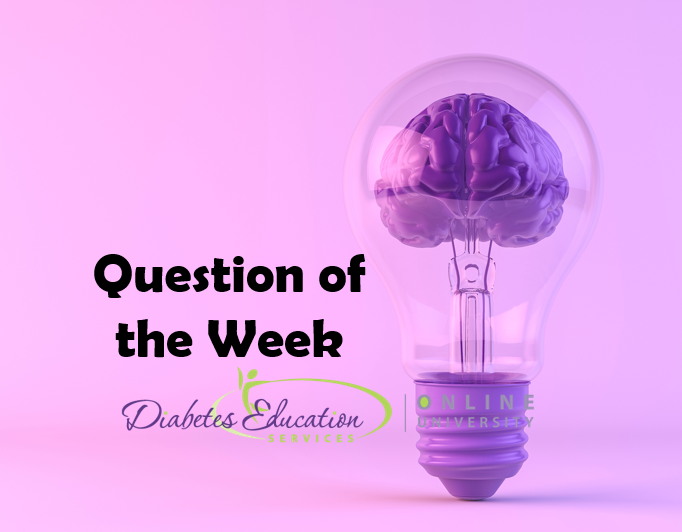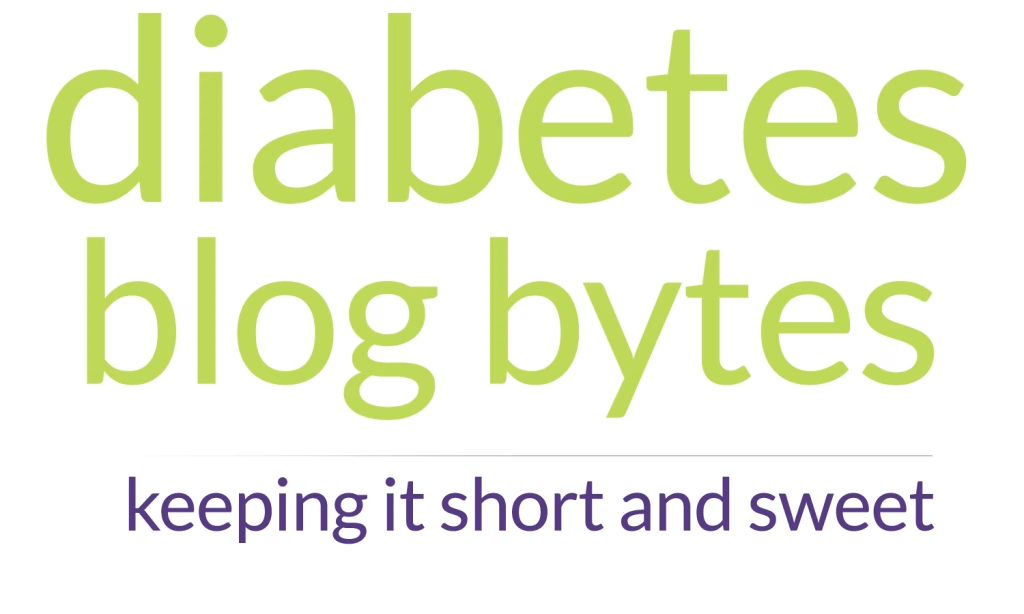
In the clinic today, you are seeing L.K., a 28-year-old with type 1 diabetes who was diagnosed at the age of 10. She was referred by the healthcare team for carb counting education and to discuss insulin pump options. During the session, L.K. appears preoccupied with her phone, avoids eye contact, and appears disinterested. When you ask what L.K.’s goals are for today’s session, she reports, “No matter how hard I try, no one is ever happy with my readings. Going on a pump isn’t going to change that”.
As a diabetes care and education specialist, what would you do?
- Point out to L.K. that she appears distracted and ask her if she wants to reschedule the appointment.
- Educate L.K. on diabetes-related complications related to chronic hyperglycemia.
- Continue the education session as planned, but make sure to provide handouts she can use later.
- Pause the session to explore L.K.’s feelings and beliefs about her diabetes care and previous experiences.
Level 5 | Hot Flashes & Hyperglycemia: What Clinicians Need to Know

The intersection of menopause and diabetes is often underrecognized in clinical care, yet people with diabetes in menopausal transition face unique metabolic, hormonal, and lifestyle changes that can significantly impact glycemic control. This session explores the physiological shifts of menopause, the implications for insulin resistance, and evidence-based strategies for individualized care. Attendees will leave with practical guidance on hormone therapy, lifestyle management, and education tools to improve outcomes for people with diabetes navigating both diabetes and the menopausal transition.
Course topics:
By the end of this session, participants will be able to:
- Describe the hormonal changes during menopause and their effects on glucose metabolism and insulin sensitivity.
- Identify the clinical implications of menopause on glycemic variability and diabetes self-management.
- Evaluate the risks and benefits of hormone therapy (HT) in people with diabetes with type 2 diabetes, including preferred formulations.
- Apply individualized care strategies to support midlife individuals living with diabetes and menopause, incorporating lifestyle, pharmacologic, and symptom management approaches.
- Recognize when to refer to menopause specialists or collaborate across disciplines to optimize individual outcomes.
Earn 1.5 CEs




